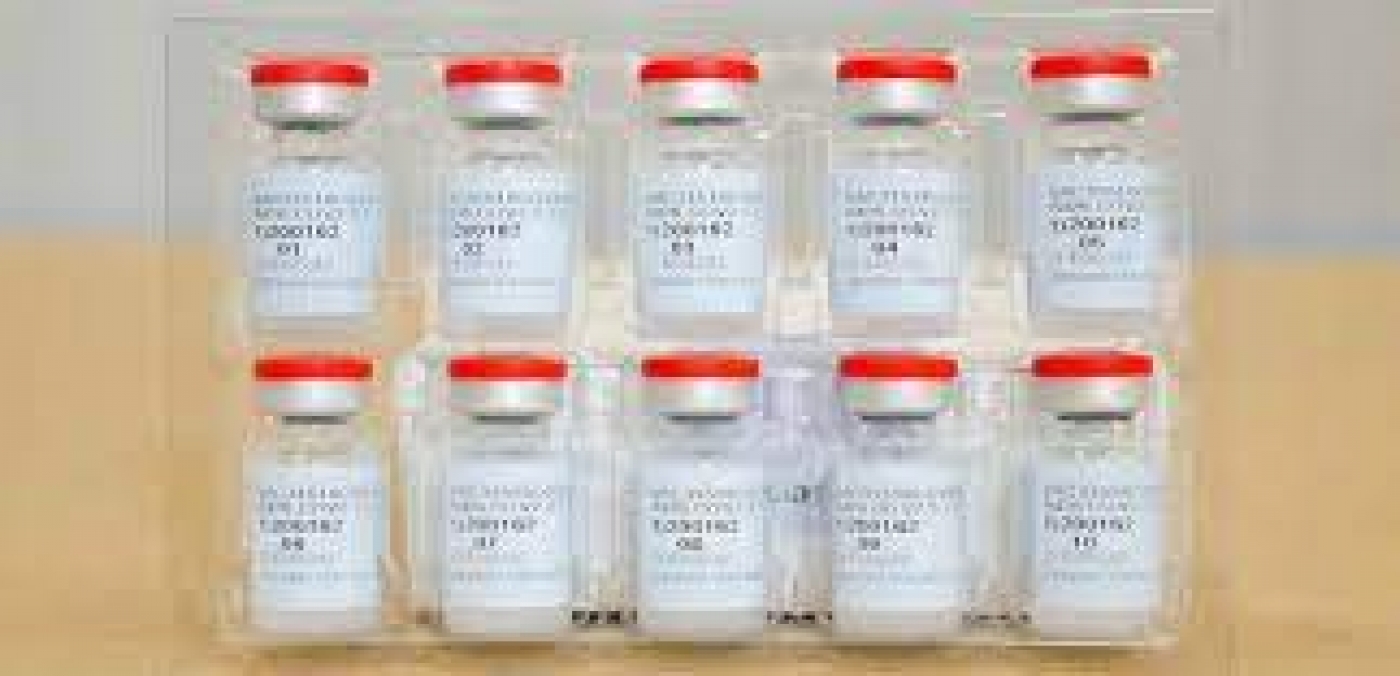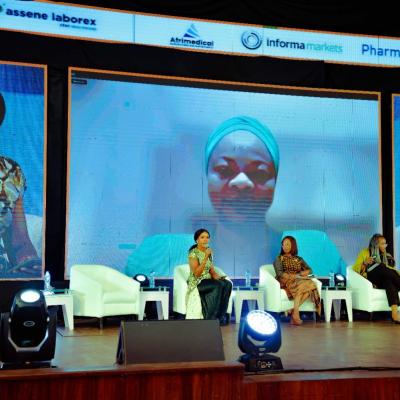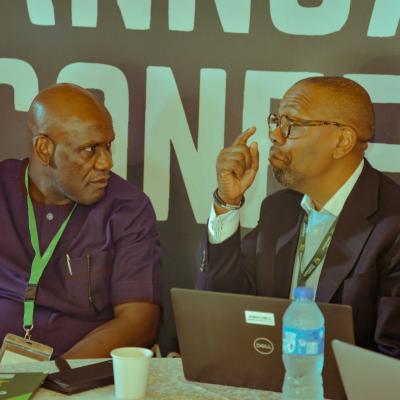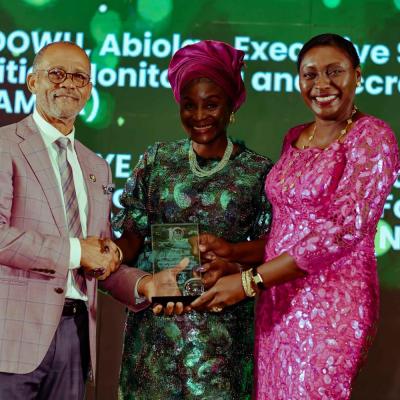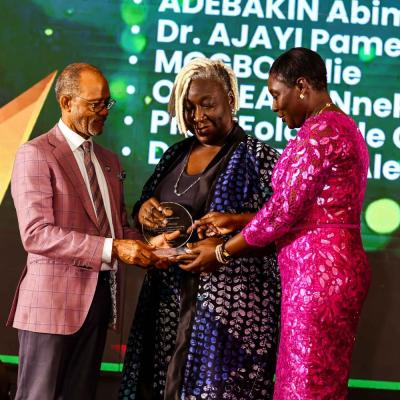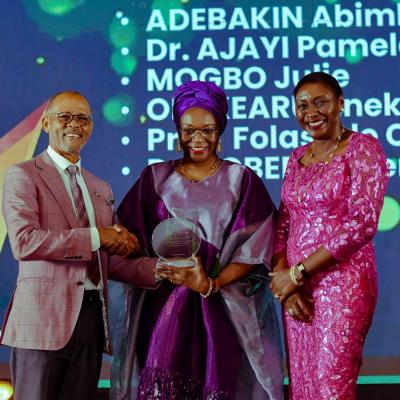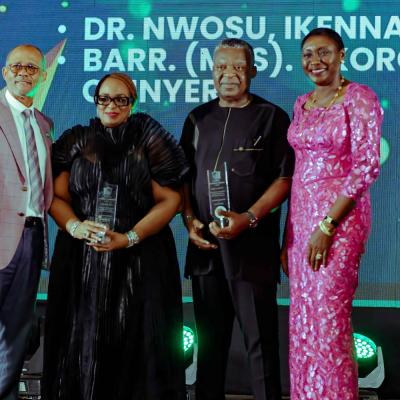A statement issued by the Communications Associate of CODE, Seun Durojaiye, described the MoU as a vital step toward enabling the civil rights movement to “further expands its tracking and evaluation of Primary Healthcare Centres across the country.”
She said the MoU would also provide an opportunity for CODE to inform its advocacy in canvassing for improved primary healthcare infrastructure and service delivery.
Durojaiye recalled that in July 2021, using its ‘FollowTheMoney’ social accountability tool, “CODE tracked 90 Primary Healthcare Centres in 15 States across the country and found that 80 per cent of PHCs are substandard and unfit to store, and effectively administer COVID-19 vaccines.”
Such discoveries, she said, “has hindered access and equitable distribution of vaccines to Nigeria’s large population.”
Durojaiye said CODE, through the COVID-19 Transparency and Accountability Project, “is committed to tracking all resources from public sector, private, multilateral and bilateral donors committed to COVID-19 pandemic, with the aim of establishing sustainable accountability in the health sector.
“Being the parastatal of Nigeria’s Federal Ministry of Health responsible for the development of primary health care delivery system in Nigeria, the NPHCDA, coming in agreement with CODE, guarantees a path towards uncovering gaps in the healthcare system and introducing best practices to Nigeria’s health sector.”
The Executive Director of the NPHCDA, Dr. Faisal Shuaib, commended the step being taken by CODE towards promoting transparency and accountability in the healthcare sector.
“This kind of partnership is a giant step towards transparency and openness in the NPHCDA. This MoU signing is an opportunity to openly demonstrate this transparency. We welcome this collaboration because it is also an opportunity to hear from the people we serve. It is an opportunity to get feedback on the services that will deliver.
“More than 70 per cent of PHCs across the country do not have the right infrastructure, right drugs, utilities, and limited healthcare workers.
“Collaborations like these will provide an opportunity for CSOs to evaluate, gather data and advocate for more resources and it will be funnelled towards strengthening the PHC sector in Nigeria.”
Source: HealthWise

